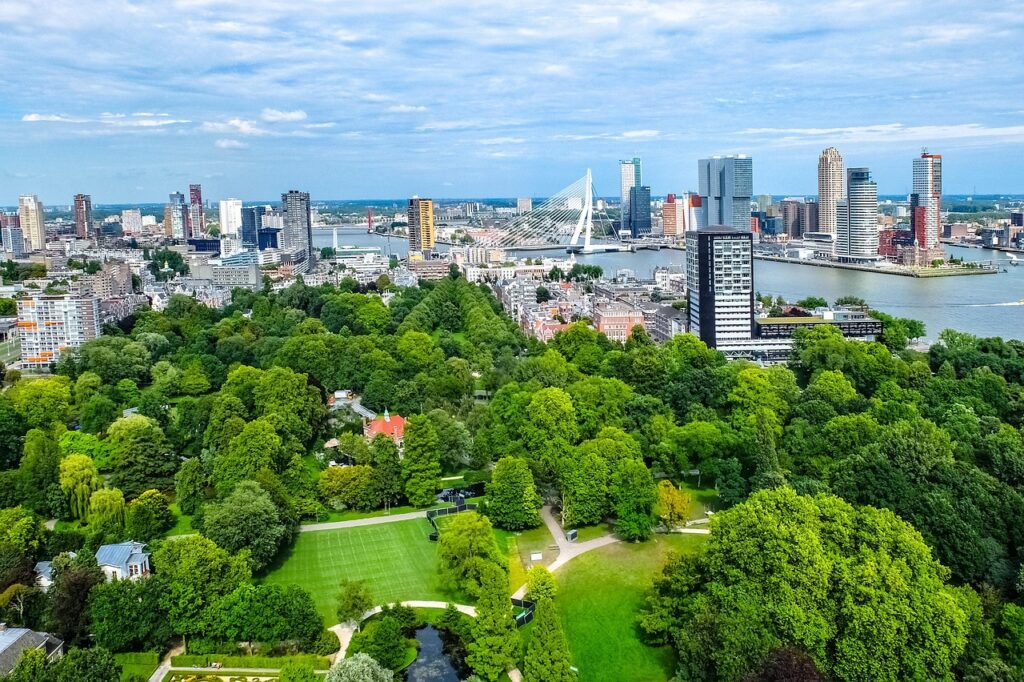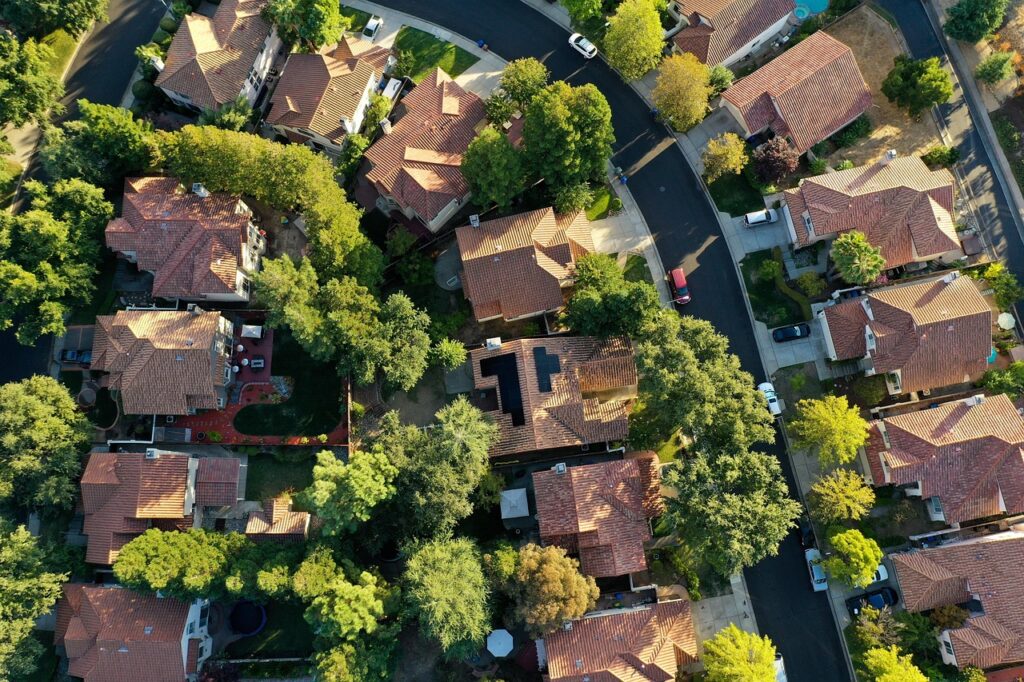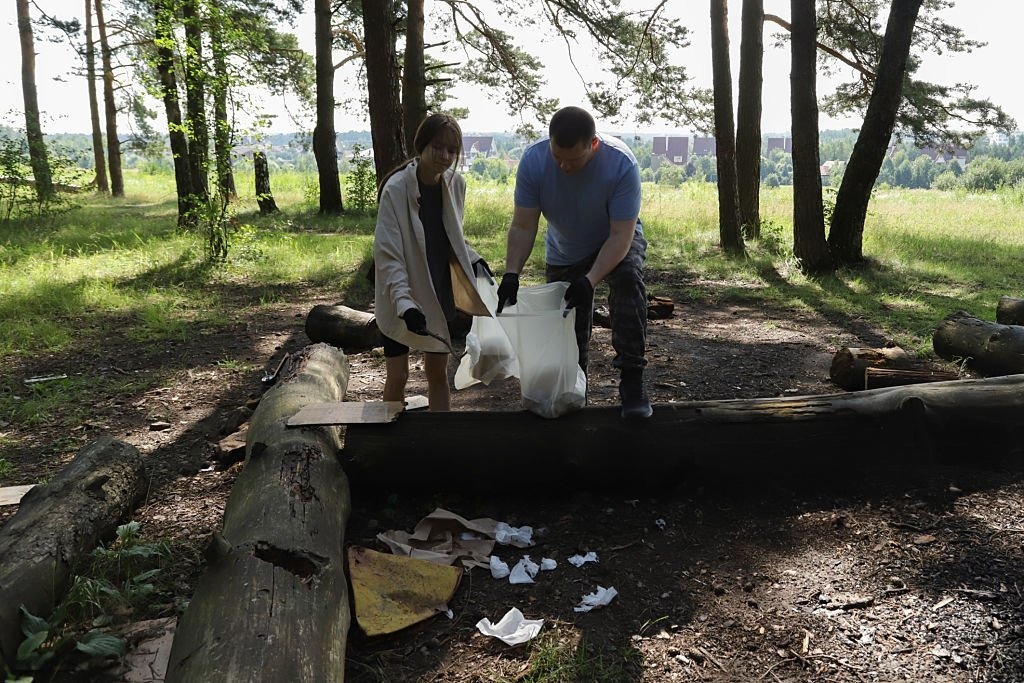As the world rapidly urbanizes, cities play a critical role in shaping the planet’s future. By 2050, nearly 70% of the global population will live in cities, putting unprecedented pressure on resources, infrastructure, and ecosystems.
But while urbanization poses challenges, it also offers opportunities for innovation, sustainability, and climate action. To track progress, researchers and policymakers are using the United Nations Sustainable Development Goals (SDGs) to measure how “green” and livable our cities really are.
📊 Measuring Sustainability: Why SDGs Matter
The SDGs provide a universal framework for evaluating urban sustainability. Key goals used to measure cities include:
- SDG 6 → Clean Water & Sanitation 🚰
- SDG 7 → Affordable & Clean Energy ⚡
- SDG 11 → Sustainable Cities & Communities 🏙️
- SDG 12 → Responsible Consumption & Production ♻️
- SDG 13 → Climate Action 🌱
- SDG 15 → Life on Land 🌳
By aligning with SDG indicators, researchers can assess a city’s environmental performance, resource efficiency, and quality of life.

🌿 What Makes These Cities Sustainable?
1. Renewable Energy & Low Carbon Emissions ⚡
Cities like Copenhagen and Stockholm lead in transitioning to 100% renewable energy and cutting emissions through green transport and energy efficiency policies.
2. Green Infrastructure & Urban Planning 🏙️
Zurich and Vienna prioritize green spaces, public transit, and walkable neighborhoods, reducing reliance on private cars.
3. Circular Economies & Waste Management ♻️
Amsterdam and Vancouver are pioneers in zero-waste policies and recycling programs, reducing landfill dependency.
4. Technology-Driven Sustainability 💡
Singapore integrates smart city technologies to optimize water, energy, and waste management — setting an example for densely populated cities.

🌎 Where African Cities Stand
While African cities face unique challenges like rapid population growth and infrastructure deficits, several are making strides:
- Cape Town, South Africa → Expanding renewable energy and water recycling
- Kigali, Rwanda → Known for clean streets and plastic bag bans
- Lagos, Nigeria → Investing in sustainable mobility and solar energy
- Nairobi, Kenya → Growing as an innovation hub for green startups
However, limited funding, weak policies, and waste management gaps remain major obstacles.
🚀 How Your City Can Go Greener
To become sustainable and SDG-compliant, cities must:
✅ Invest in renewable energy and clean transport
✅ Enforce waste reduction and recycling policies
✅ Expand urban green spaces and protect biodiversity
✅ Adopt smart technologies to optimize energy and water use
✅ Encourage community-led sustainability initiatives

🔗 Final Thoughts
Your city’s sustainability journey isn’t just about policies and metrics — it’s about people, innovation, and collective action.
At SustainabilityUnscripted, we believe in sharing solutions, celebrating progress, and driving conversations that inspire cities worldwide to embrace sustainable urban living.







